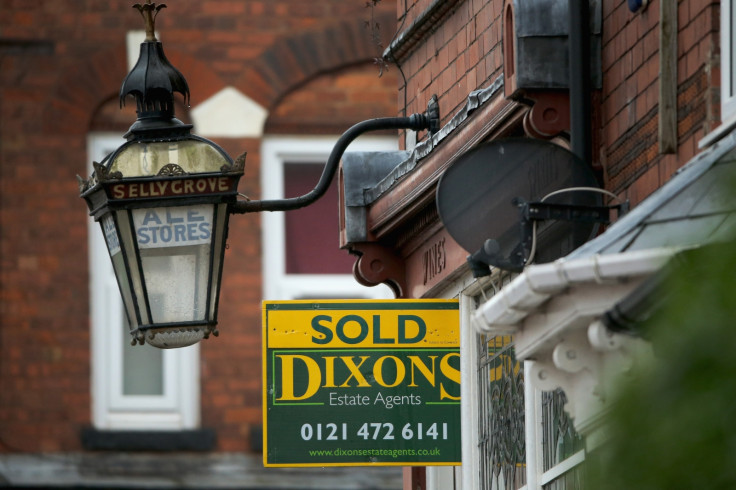UK house prices set for 7% growth this year shrugging off Brexit uncertainty
Hometrack data shows Birmingham is Britain's fastest-growing city in terms of house prices.

House prices across the UK will grow faster than expected over the remainder of the year, according to property market analyst Hometrack.
Uncertainty over Brexit was expected to weigh on the property sector, but Hometrack said on Friday (21 July) that house prices are forecast to grow between 6% and 7% over the course of 2017, compared with guidance for a 4% increase released in December last year.
Demand and price growth remained solid across Britain's main regional cities outside of London, with Birmingham and Manchester leading the way.
Britain's second largest city is now the fastest-growing major centre in terms of house prices after recording a 7.8% increase over the last 12 months, while prices in Manchester rose 6.4% over the same period.
"Despite a material slowdown in the rate of house price growth in South Eastern England, the headline rate of city house price inflation is holding up, despite the squeeze on real incomes and uncertainty around Brexit," said Richard Donnell, research and insight director at Hometrack.
House prices also grew steadily in Leeds and Liverpool, increasing 5.4% and 4.8% respectively, while north of the border prices grew 6.5% in Edinburgh and 3.3% in Glasgow.
In London, however, the rate of growth moderated to 2.6%, the lowest in over five years. Despite the slower growth, however, the average price of a house in London stands at £492,700, compared with £154,900 in Birmingham.
"However, although house price inflation has fallen sharply in the capital, it is starting to flatten out and the rate of growth is likely to avoid year-on-year price falls in the coming months," added Donnell.
Bristol, Oxford and Cambridge all recorded a sharp slowdown in house prices growth over the last 12 months. Growth in the former moderated to 5.6%, while the towns hosting Britain's two most famous universities growth fell to 2.1% and 1.9% respectively.
© Copyright IBTimes 2024. All rights reserved.






